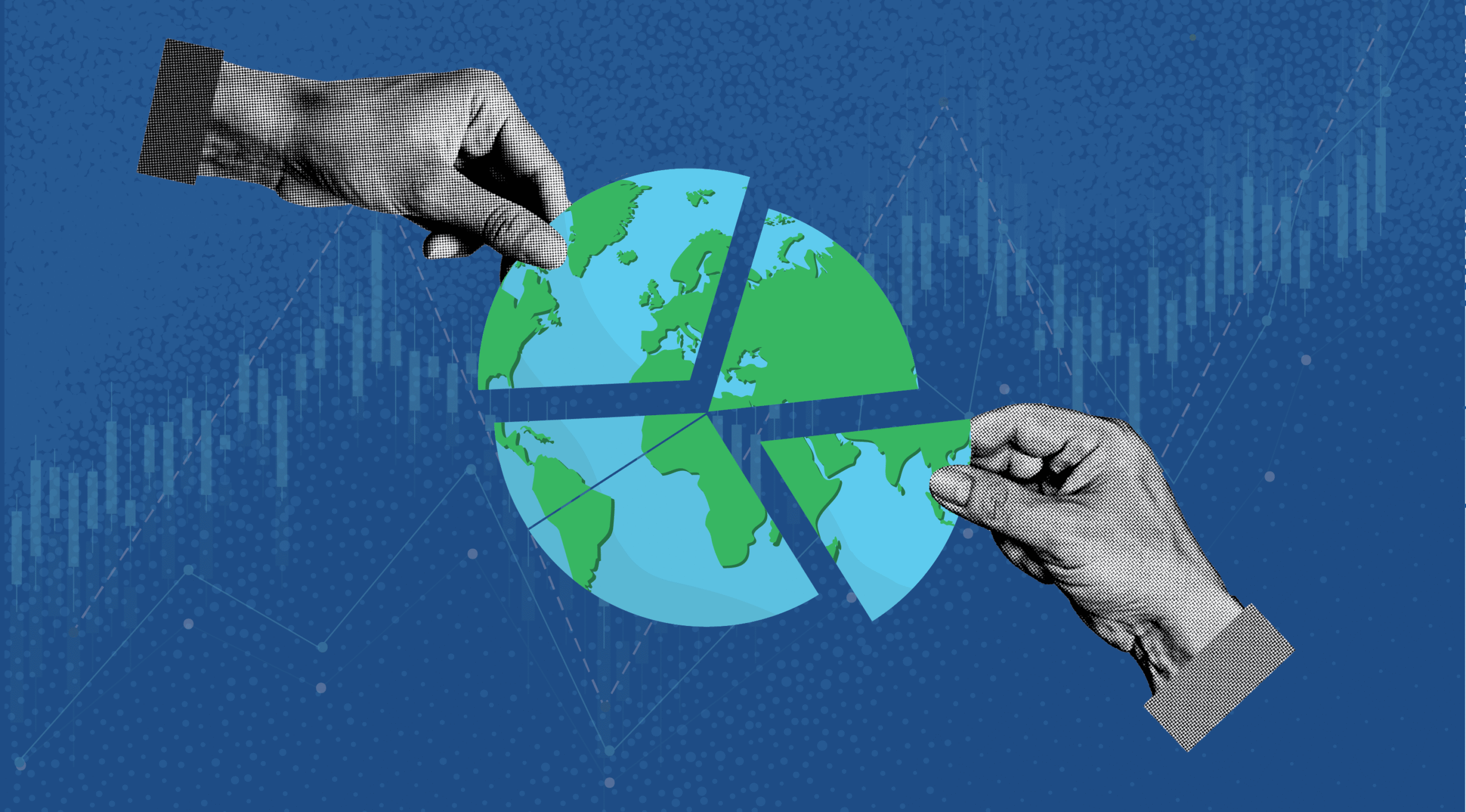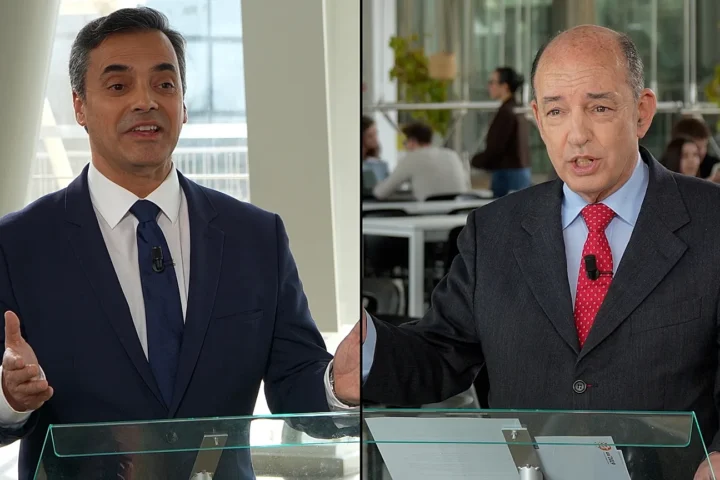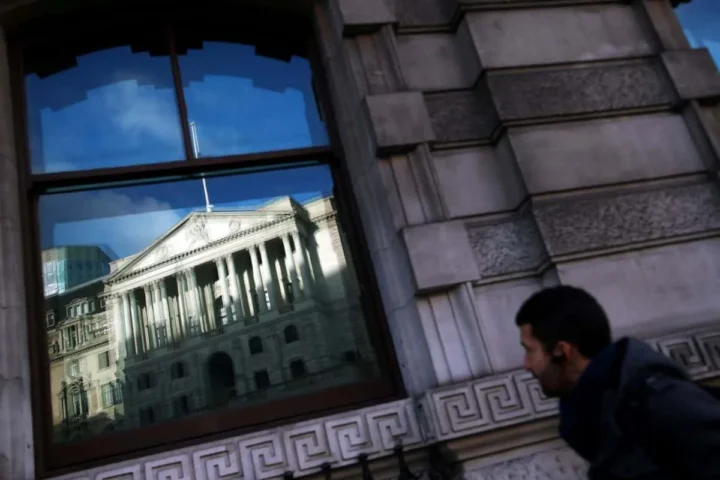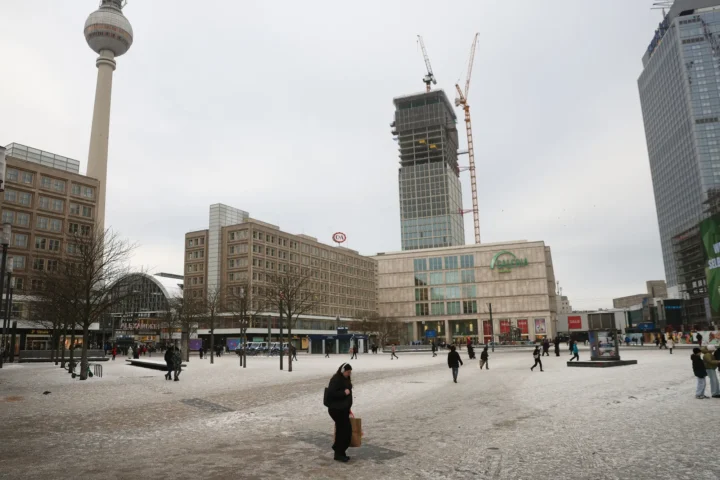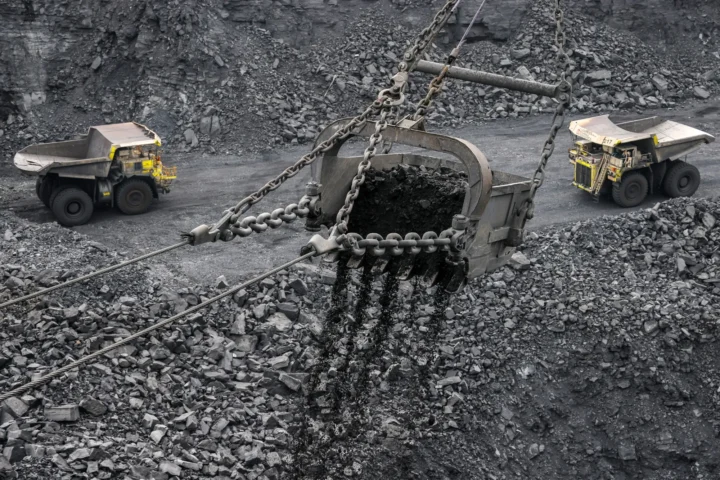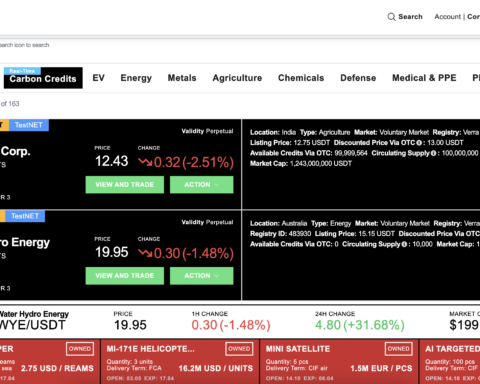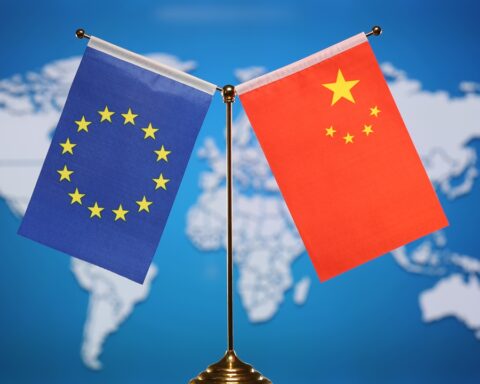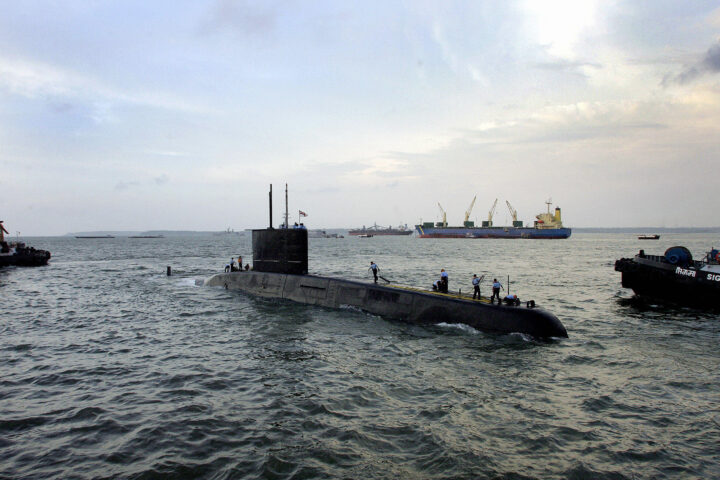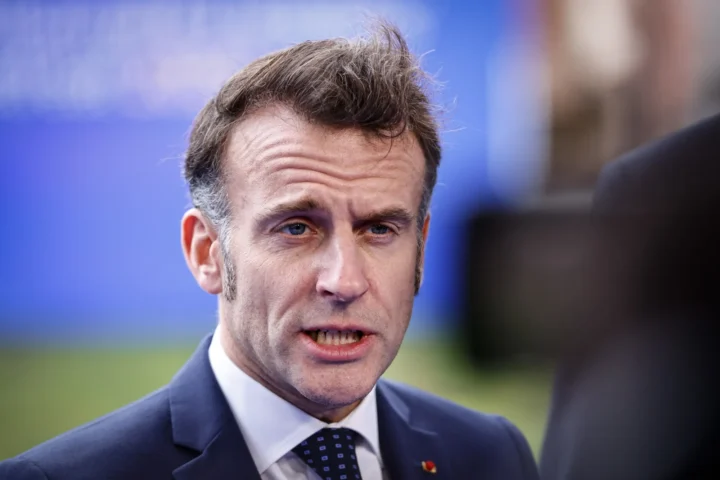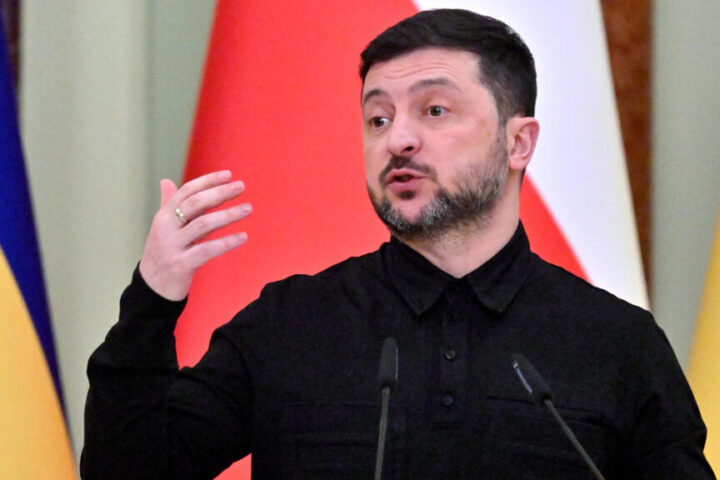For much of the past decade, Washington has often been cast as the culprit behind Europe’s mounting crises—whether it was Donald Trump’s abrasive diplomacy, U.S. protectionism, or the shifting sands of American foreign policy. Yet the more one examines the continent’s trajectory, the clearer it becomes: Europe’s diminished influence on the world stage has less to do with Trump, or even U.S. politics, and more to do with its own structural weaknesses, internal divisions, and inability to adapt to a rapidly changing geopolitical landscape.
The Myth of America’s Sole Responsibility
The Trump years were undeniably turbulent for Europe. His open skepticism toward NATO, frequent clashes with European leaders, and emphasis on bilateral deals over multilateralism rattled Brussels. But to attribute Europe’s challenges solely to Trump—or even to the United States more broadly—would be to overlook decades of internal shortcomings.
The truth is that Europe has struggled to forge a coherent vision of its role in the 21st century. The EU’s decision-making machinery is slow, fragmented, and vulnerable to political gridlock. Even on issues where there is broad consensus—climate change, trade, security—implementation often falters under the weight of competing national interests.
The Energy Trap and Economic Dependence
Few issues better illustrate Europe’s missteps than its overreliance on Russian energy. For years, European leaders ignored warnings from Washington and Eastern European states about the dangers of deepening dependence on Moscow’s gas pipelines. When Russia invaded Ukraine in 2022, Europe found itself in a precarious position—forced to scramble for alternatives while facing soaring energy prices that threatened its industrial base.
Similarly, Europe’s reliance on China as a manufacturing hub and export destination has left it economically vulnerable. Efforts to recalibrate supply chains and develop homegrown industrial capacity have been slow and uneven, revealing the structural weaknesses of Europe’s single market.
Defense Deficits and Strategic Inertia
On defense, Europe remains heavily reliant on U.S. security guarantees. Despite repeated pledges to boost military spending, many EU states continue to fall short of NATO’s 2% target. The result is a Europe that struggles to project power beyond its borders—or even within its immediate neighborhood—without American leadership.
Attempts at building a common European defense strategy have faltered on the rocks of national sovereignty. France champions strategic autonomy, while Eastern European nations cling to U.S. security as their ultimate safeguard against Russian aggression. This divergence has left Europe unable to act decisively when crises erupt.
Political Fragmentation and Populist Surges
Europe’s political landscape has also grown increasingly fractured. Populist movements on the right and left have gained traction across the continent, complicating consensus on critical issues such as migration, fiscal policy, and relations with external powers.
Brexit further weakened the EU, depriving it of one of its largest economies and strongest militaries. The process not only consumed years of political energy but also revealed the fragility of European integration when faced with nationalist pressures.
The Missed Opportunity of Global Leadership
Perhaps Europe’s greatest failing has been its inability to seize the opportunity for global leadership at a moment when both the U.S. and China have faced credibility crises. The EU often speaks the language of values—democracy, human rights, multilateralism—but struggles to translate rhetoric into action. Its responses to conflicts in Syria, Libya, and Africa have been piecemeal at best, leaving room for rivals such as Russia, Turkey, and China to expand their influence.
Looking Forward: Can Europe Regain Its Footing?
Europe is not without strengths. It remains one of the largest economic blocs in the world, a leader in climate policy, and a standard-setter in global regulations on privacy and technology. Its soft power is unmatched in culture, diplomacy, and education. Yet these assets risk being undermined if the continent fails to address its structural deficiencies.
To reclaim its place in the world, Europe will need to:
- Forge greater unity on foreign and defense policy, reducing dependence on the U.S. while building credible military capacity.
- Diversify its energy and economic dependencies, particularly away from authoritarian powers like Russia and China.
- Strengthen political resilience, ensuring that populist movements do not paralyze decision-making at the EU level.
- Act with greater speed and coherence in responding to global crises, proving that it can be more than a cautious bystander.
Conclusion
The question “Who lost Europe?” cannot be answered by pointing to Donald Trump or any single external factor. The erosion of Europe’s global standing has been a self-inflicted wound, born of complacency, disunity, and an inability to adapt to new geopolitical realities.
If Europe is to regain its footing, it must confront these internal challenges head-on. Otherwise, the continent risks sliding further into irrelevance—not because of Washington, Moscow, or Beijing, but because of its own unwillingness to act decisively in shaping its future.
